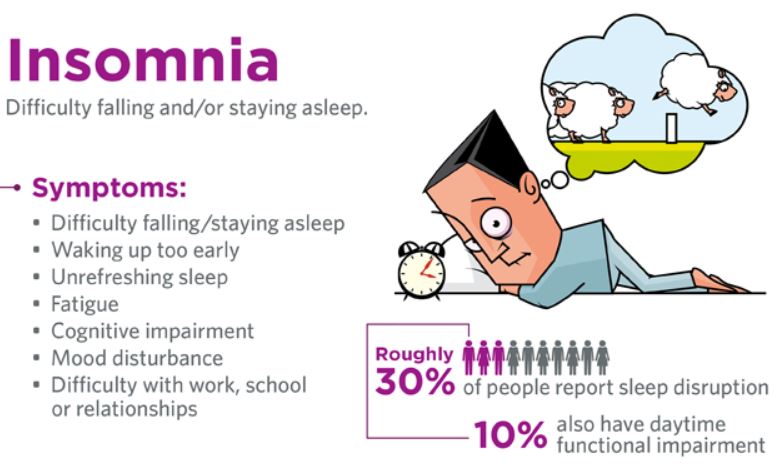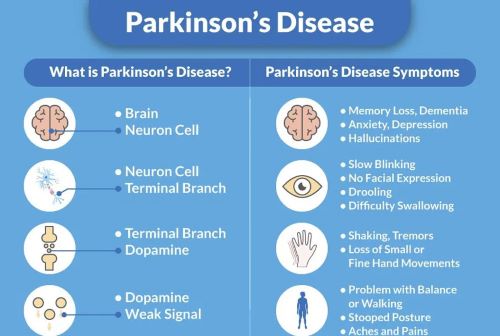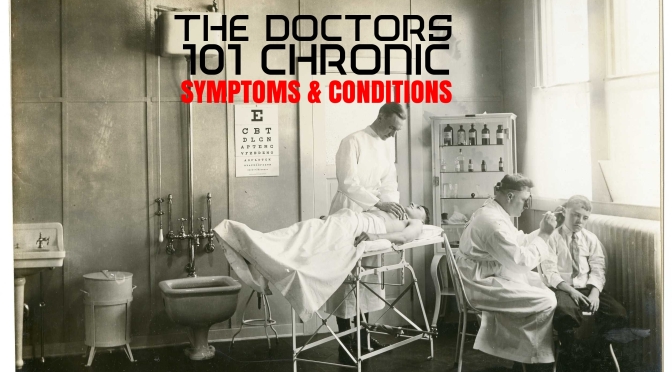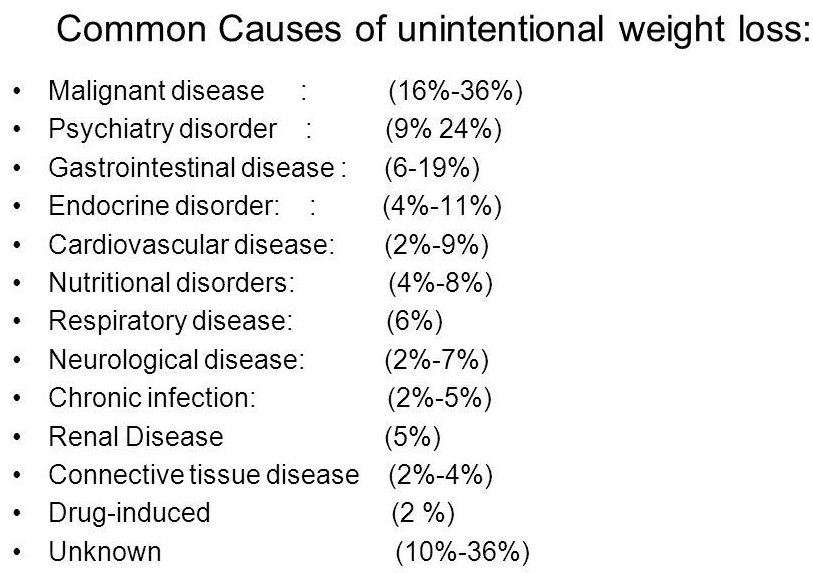Sleep has many functions, among which are clearing the body of toxins and consolidating memory. The exact amount we need is determined by age, and genetics among another things. From what I’ve read, eight hours is required, plus or minus an hour.

That being said, there are a few among us who are super sleepers. Going back in history this probably included Mozart and Thomas Edison: They could live healthy, productive lives with as few as three or four hours of sleep. Genetic mutations, including changes to the Orexin Gene receptor account for true super-sleepers.
Familial fatal insomnia is a genetic disease operating through prion proteins, and does not illuminate the problem of insomnia. In most people there are two major forces which determine the onset of sleep, the circadian rhythm, and sleep pressure.
The TIMING of the sleep varies from morning larks to night owls. These shifts in the circadian rhythm is also genetic, involving many genes, including PER and CRY. Diurnal rhythm can apparently be changed, But with difficulty.
The sleep pressure is caused by the gradual daily accumulation of adenosine in the system, apparently resulting from the stripping away of the phosphate groups from the energy currency, ATP. This can be assuaged by caffeine containing drinks, such as tea or coffee. Caffeine temporally blocks the effect of adenosine, but when it wears off, you usually go right back to your fatigue state.
INSOMNIA occurs when you do not get as much sleep as you need, and are tired in the daytime. This is a major problem for a lot of people.
Insomnia has many causes. Stress will cause an increase in Cortisone in the bloodstream which interferes with sleep. Caffeinated drinks nicotine and other stimulants can cause you to have difficulty falling asleep, and alcohol will help you fall asleep but will often result in awakening in the middle of the night when the alcohol is metabolized.
Depression, Parkinson’s, chronic pain, gastroesophageal reflux and any other medical conditions can interfere with sleep. Sleep apnea, often associated with overweight and heavy snoring, is a special problem that sometimes needs the help of a sleep specialist.
Some poor habits such as reading in bed, doing work in bed, eating at bedtime, and heavy exercise just before bed can also be a problem.
A regular routine of Preparing for sleep, such as brushing and flossing and taking a warm shower are also helpful; you can get more details by looking up “sleep hygiene”.
A lot of people take a nap, but this can cause some difficulty in going to sleep. Among things you can do to prevent insomnia include living an active life, making your bedroom comfortable for sleep, and using your bedroom ONLY for sex and sleep.
Please refer to the accompanying Mayo clinic article for more organized information.
—Dr. C.
Mayo Clinic articlehttps://www.mayoclinic.org/diseases-conditions/insomnia/symptoms-causes/syc-20355167





